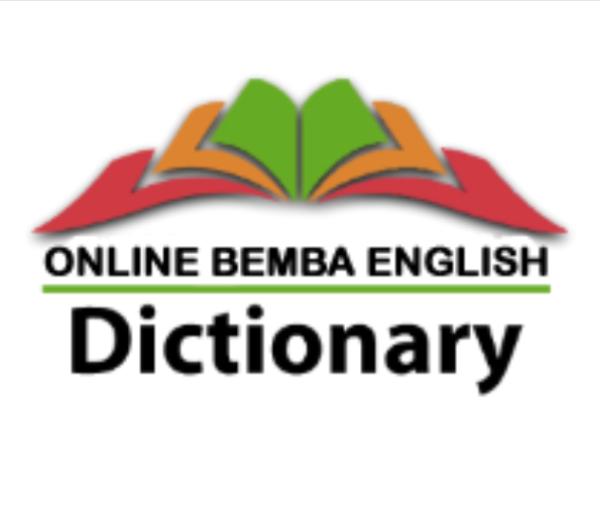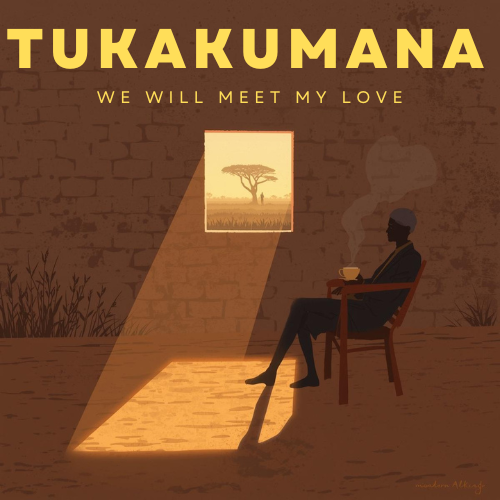
Mwaiseni (Welcome)
As discussed in Lesson 8 – Learn How to Read and Pronounce Bemba Words, the Bemba language uses the same letters of the alphabet as English. Before learning to make sentences in Bemba, you need to know about the building blocks.
This lesson covers
- Vowels
- Special vowel sounds (Double vowels)
- Consonants and
- Syllables.
The lesson also includes Audio to help you learn the sounds. Once you have mastered the simple basics, you will find it easier to read and write Bemba words and sentences.
VOWELS
Definition:
Vowel = A sound made by allowing air to flow freely through the mouth and throat.
Apart from “O” vowels are pronounced differently in Bemba, compared to English:
A
E
I
O
U
While the sound of a vowel can change in English, it does not change in Bemba. As an example, in English the “E” sound is different in the word “End” compared to the word “English.” This does not happen in Bemba. This makes it much easier to read Bemba words.
Double Vowels
Bemba is a very musical language. Some words change their meaning merely by the way they are pronounced. The vowels are drawn out to make a different sound. A caret is used to show such vowels. An alternative way is to write the vowel twice to denote the drawn out sound.
â (aa)
ê (ee)
î (ii)
ô (oo)
û (uu)
Examples:
â (aa) e.g. Laanga = Show
ê (ee) e.g. Leenga = Draw
î (ii) e.g. Fiimba = Cover
ô (oo) e.g. Boomba = be Wet
û (uu) e.g. Fuuma = Spray (v.)
CONSONANTS:
Definition:
A consonant is a sound made by the partial or total obstruction of air flow in the mouth and throat. This can be done with the lips (e.g. “B”), the teeth (e.g. “T”), the tip of the tongue or the back of the tongue (e.g. “K”).
- There are no Bemba words that use the letters J , Q, R, V, X, or Z.
- The Bemba alphabet is different in another way; it contains a unique letter “ɧ” . To make life easier when typing and writing, this letter can be represented by “N’g”. It is pronounced “”n’g” as in the English word “singer” (soft “G”). The good news is that there are just a small number of words that use this special character sound.
Examples:
- Ng’anda = House,
- Nganda
- Ng’wena = Crocodile,
- Ngwena
- Ng’uni = Honey bird,
- Nguni
- Nang’ana = Be lazy
- Nang’ana
- etc.
- Other special consonant features:
- B – The letter “B” is a soft sound in Bemba. e.g.
- In every day usage, you will hear the “B” sound used as a hard sound, e.g. in describing the language as “Bemba” or in pronouncing the name “Banda.” These are adapted sounds and are not original Bemba sounds.
- C – In English, the letter “C” can be a soft sound (e.g. “Church” or a hard sound (e.g. “Candle.” In Bemba, it only exists as a soft sound.
- D – The letter “D” only exists in combination with a preceding consonant,
e.g. “Ndeya.” (I am going)
“Ndusha.” (Bile)
There are no Bemba words that start with the letter “D.”
-
- G – As for the letter “D”, the letter “G” exists only in combination with a preceding consonant and there are no Bemba words starting with the letter “G.”
- “Hanging” Consonants:
Most Bemba words end with a vowel. As more foreign words are incorporated into the language, you come across adapted words that end with a consonant. The Bemba tend to finish the word off with a vowel.
Examples:
Golf becomes Gofu Gofu
Salad becomes SaladiSaladi
Scarf becomes ShikafuShikafu
Book becomes BukuBuku
Abigail becomes AbigeloAbigelo
Bell becomes BeluBelu
Jam becomes JamuNjamu
Queen becomes KwiniKwini
Bus becomes BashiBashi
SYLLABLES
Definition:
A syllable is made up of letters in a word that are pronounced as one unit
Features:
- Syllables can be formed by the combination of a consonant and a vowel.
Examples:
BaBa
BeBe
BiBi
BoBo
BuBu
- The sound of the vowel does not change.
- Syllables can be formed by a combination of two consonants and a vowel.
Examples:
ChaCha
CheChe
ChiChi
ChoCho
ChuChu
- Syllables can be formed by a combination of three consonants and a vowel.
Examples:
MfwaMfwa
MfweMfwe
MfwiMfwi
(Mfwo)
(Mfwu)
- Syllables can be formed by a combination of vowels
Note that vowels, alone, can also make syllables.
Reading Exercise:
For words you are not sure how to pronounce, identify the vowels in the word. Say the vowels out loud and then mix each one with the consonant(s) that come before the vowel. e.g. In “Chibale“, the vowels are “i”, “a” and “e”:
- Make the “i” sound and then mix it with the “Ch..” sound.
- Next, make the “a” sound (there is only one way to pronounce “a” in Bemba) and then mix it with “b” (soft sound for “b”).
- Finally, make the “e” sound and then mix it with the “L” (once more, there is only one way to pronounce the “e” in Bemba.
Look up some words that challenge your pronunciation and break them up in the same way. You will find it easier to feel your way through each word.
This knowledge of vowels, consonants and syllables forms an important part of the foundation for the forthcoming lessons on How to Construct Sentences in Bemba.
Shalenipo (Bye)
You can silently leave or, better still, you can let me know what you think of this lesson by leaving your comment below.


My tablet cannot receive these audios which is very disappointing. My son suggested i ask you to zip the files and email them to me. Is that possible?
Hi Denise, it may not be possible for me to do this immediately, but I will look into it as soon as I can.
I’ll keep you posted.
Do you have a Bemba Language textbook from which you teach, and if so, where can I buy copy? Thank you.
Hi Faith,
At the moment there is no text book. I am still working on lessons that will form the different sections of the book.
I will let you know as soon as it is ready. In the mean time, feel free to make suggestions about what you want me to cover in these lessons.
Could you make a lesson in how to speak to your boyfriend or girlfriend? Like loving words, etc
And lessons f
Hi Benedicte,
Check out the new lesson on romantic phrases: http://kitweonline.com/kitweonline/discover-kitwe/culture/language/bemba-language-culture/bemba-lessons/bemba-lesson-22-romance.html
I want to make children’s books for my daughter in Canada. Her Dad is Bemba.
He is not willing to teach language or help. 🙁
Could you help me translate some common children’s stories into Bemba?
itsy bitsy spider
Humpty Dumpty
Little Bo Peep
and we can make up our own like “Cooking with Mom”
“Going to the Zoo”
“First Day at Playschool”
I can help you out with some bemba translations ..
Hi John
Thanks a lot for this program. I only discovered this today 🙂
I have a similar problem as Denise. Is it possible to make the flashplayer sounds available in other formats?
Love the lessons, I am very eager to learn but someone in Zambia told me that there is a modern bemba now of which I was learning via this website and was told this is deep bemba
I’m just very happy
HI I can help with some bemba translations …u can check me out on my Facebook account. ….luyando. l chibombya
This is a helpful
A very insightful piece of writing. I have learnt more than the Bemba itself. I have understood the basic meanings of vowels, consonants and syllables.
Hi Francis. Thanks for your comments. Most of us learnt iciBemba the painless way, by listening and speaking it(the baby way). Those who have tried to learn by looking for patterns in the languages have come up with the concept of nouns, verbs, adjectives, etc. it’s interesting to look at this side of the language as well.